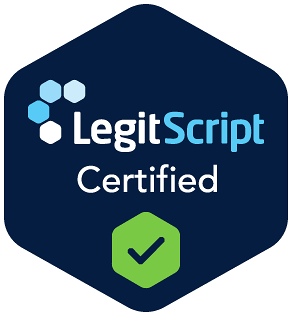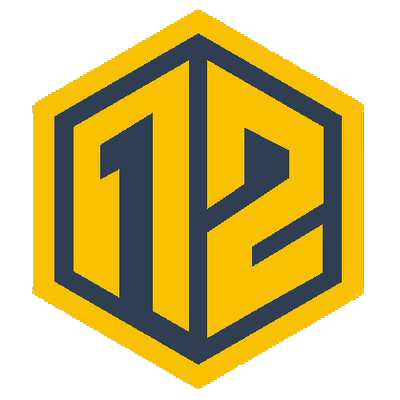Your story is uniquely your own. Everything that brought you to the place where you finally made the decision to find recovery is part of who you are. You have gone through heartache. You have been through massive internal struggle. There is no single story, but the elements are often the same. Destroyed or broken relationships. Physical decay. Financial catastrophe. Loss of employment. Education left in the dust. Loss of interest in all the things you once loved. Life losing its meaning away from the only thing you cared about anymore: drugs or alcohol.
Or worse, you have been on death’s door. Car accident. Overdose. Sitting in a jail cell wondering how you got to this place.
But you got out. You went to detox then residential treatment. Then the slow and steady transition back into society.
Please do not throw all of this away.
The work you have put into getting on the life-saving road of recovery is your momentum and your lifeline. Relapses do happen. And they can contribute to your overall recovery. But, really, it’s better to continue on without. Relapse is too dangerous. Too heartbreaking. You need a relapse prevention plan.
So here are the 4 Ds for relapse prevention for you to remember the next time a craving returns.
1. D – Delay
In the moment of a craving, you feel like you are on an inescapable train. You are trapped on it, and it feels like it’s going a hundred miles an hour. There is no way off—you are headed for a fix.
But remember. It’s not true. The train slows down. It even stops eventually. Twenty minutes. If you can make it 20 minutes, you are going to feel the difference. Just wait. Don’t act on your desire. Wait 20 minutes.
2. D – Distract
Those 20 minutes can certainly feel like 20 hours when you have intense cravings, so it’s a good idea to fill that time with something. Play a video game. Take a walk. Go for a swim. Do a workout. Work on a puzzle. Meditate. Drink a glass of water. Jump in the shower and let the water wash over you and keep you clean.
Have your favorite distraction ready and use it whenever you get the craving.
When you are in the midst of an intense craving, it feels like it will last forever. But cravings don’t. They go away. You can attest to this because you have made it through cravings before.
3. D – Deep Breathing
Again, in your recovery program, you hopefully learned some breathing techniques. Addiction is a brain sickness. Because it got rewired with drug or alcohol use, your brain tells you things that are not concurrent with what is actually true and what is best for you. Focusing on your breathing is a way to take control back. To bring you to a present moment and have the wherewithal to make real decisions based on commitment and practice and everything that matters in life.
4. D – De-catastrophize
Okay, here is the thing: recovery is possible. You can do it. Remember this. And repeat it. When the cravings get intense your brain will tell you that you will never be able to keep your sobriety. That recovery, for you, is a pipe dream. You are not alone in feeling that way. Just about every recovering addict has had that same thought pattern. Yet millions of people have succeeded in lasting recovery. Do not accept the lie that you won’t make it. Hold on to the truth that though things are tough, right now, they will get better. Just get through this moment. That’s all you need.
Cravings are temporary. They won’t feel that way in the moment, but they are. Once you have gotten through a few of them, you will be able to trust it.
As well, you never know when a craving might pop up. So make sure you have your relapse prevention plan in place. Have your distractions in place. Remember your breathing techniques. And continually remind yourself that you are on a journey. It’s tough, but it’s possible. And you can do it.
If you have never been through detox or recovery treatment, feel free to use the 4 Ds; however, addiction treatment and recovery is more than abstinence. There is deep behavioral and psychological work that needs to happen. As well it’s dangerous to quit drugs or alcohol without help.
If you have relapsed or are considering quitting for the first time, please call our addiction specialists at SoCal Detox. We are ready to give you the best advice for your next step of your successful journey to recovery.
Call now, 888-590-0777.






